Source: FOX Business
Title: Trump admin eyes CFTC to lead digital asset regulation
Translation: BitpushNews
According to FOX Business, the incoming Trump administration aims to expand the powers of the Commodity Futures Trading Commission (CFTC), granting it significant regulatory authority over a large portion of the $30 trillion digital asset market.
This move is part of a broader effort by President-elect Donald Trump and the Republican majority in Congress to diminish the regulatory power of the Securities and Exchange Commission (SEC) over the digital asset industry under President Biden and outgoing SEC Chairman Gary Gensler.
The CFTC is often referred to as the "little sister" of the SEC, with Congress authorizing it to oversee the $20 trillion U.S. derivatives market, which includes futures, options, and the trading of physical commodities such as gold, oil, and wheat.
Like the SEC, the CFTC has the authority to set market rules and initiate enforcement actions, but it is generally perceived to have a lighter regulatory approach than the SEC, as the derivatives market is dominated by mature institutional participants rather than small investors, making it seen as better at managing risk.
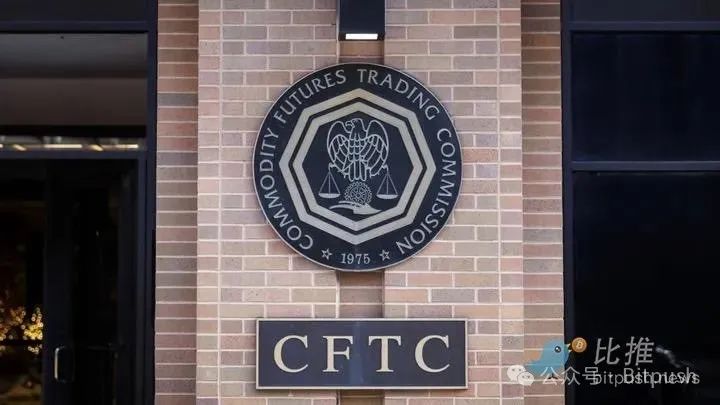
According to sources familiar with Trump's team's thinking, as Trump takes office and the influence of the crypto industry in Republican politics grows, the CFTC may expand its regulatory scope to include the spot markets for digital assets considered commodities (such as Bitcoin and Ethereum) and related exchanges.
Over 50 million people hold digital assets, but key figures in the incoming Trump administration believe that regulatory relief is needed to stimulate innovation in the crypto business, including potentially transformative blockchain technology that could eliminate costly intermediaries in commercial transactions.
Former CFTC Chairman Chris Giancarlo told FOX Business, "If there is enough funding and the right leadership, I believe the CFTC could start regulating digital commodities on Day One of Donald Trump's presidency."
Granting the CFTC regulatory authority over the spot markets for Bitcoin, Ethereum, and other tokens considered digital commodities would also empower it to oversee the exchanges trading these assets. This move would mark a significant step toward providing regulatory clarity for companies and individuals involved in trading the two largest cryptocurrencies by market capitalization, as currently, no regulatory body has clear jurisdiction over these spot market transactions.
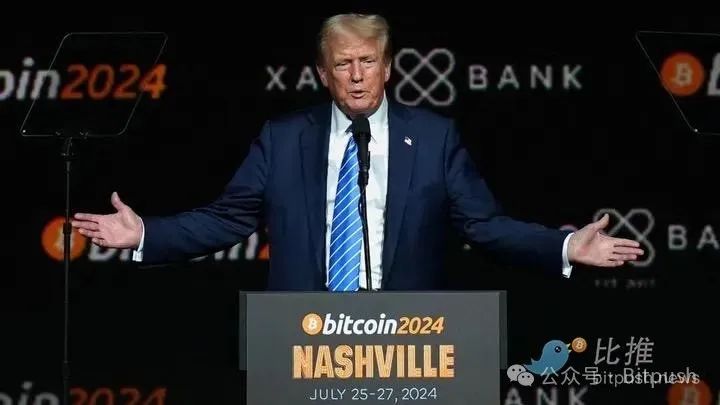
The uncertainty surrounding the classification of digital assets and the reluctance of the SEC or CFTC to establish specific rules has led both agencies to regulate the space through enforcement actions. Under Gensler's leadership, the SEC has led a three-year industry-wide crackdown to reinforce his view that most cryptocurrencies, except for Bitcoin, are securities, which has made him and the SEC widely criticized in the U.S. crypto industry and has led the industry to favor the CFTC as the primary regulatory body.
The SEC did not immediately respond to requests for comment.
Chris Giancarlo, also known as the "Crypto Dad," served as CFTC Chairman during Trump's first term and is currently considering a role as "Crypto Czar" in the new administration—a new position with few details so far, which would help implement cryptocurrency policy if Trump authorizes it to lead a group of cryptocurrency advisors.
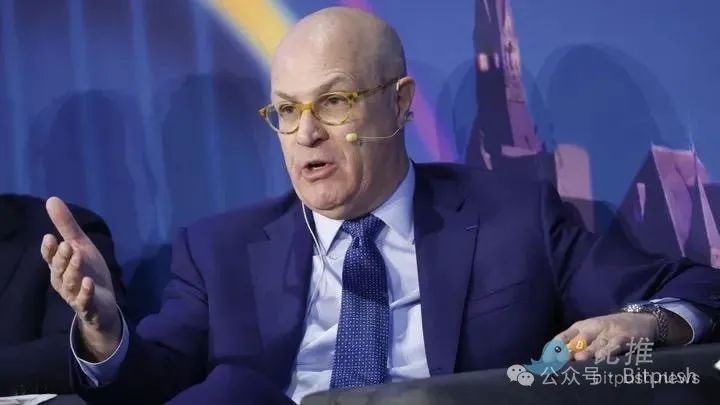
He has long called for his former agency to play a larger role in digital currency regulation. In 2022, Chris Giancarlo wrote to the Senate Agriculture Committee, which oversees the CFTC, supporting the agency's authority over spot cryptocurrencies and emphasizing its early involvement with digital assets dating back to 2015 when it classified Bitcoin as a commodity. Under Giancarlo's leadership, the CFTC approved futures trading that tracks Bitcoin prices.
Biden's outgoing CFTC Chairman Rostin Behnam requested additional funding from the Agriculture Committee during a July oversight hearing to begin more effectively regulating the cryptocurrency market rather than relying solely on enforcement.
Behnam stated that approximately 50% of the agency's enforcement actions this year were against cryptocurrency firms, which is an "astounding statistic" for an agency without regulatory power over the industry.
The additional funding, which Congress will ultimately need to approve, is crucial for the CFTC to begin regulating fraud and oversight in the spot crypto market.
The agency's operating budget for 2024 is more than five times less than the SEC's—$400 million compared to the SEC's $2.4 billion—and they employ about 700 staff, while the SEC has 5,300 employees.
While the idea of the CFTC playing a larger role in digital commodity regulation is popular in the cryptocurrency industry, many traditional CFTC commissioners are concerned that granting the agency unprecedented power over certain spot markets could extend to the regulation of physical and agricultural commodities, which fall under the jurisdiction of other agencies like the Department of Agriculture.
Giancarlo stated that if the CFTC is to regulate the spot markets for digital commodities, the relevant legislation must clearly define the CFTC's regulatory scope and authority to avoid issues of overregulation or underregulation.
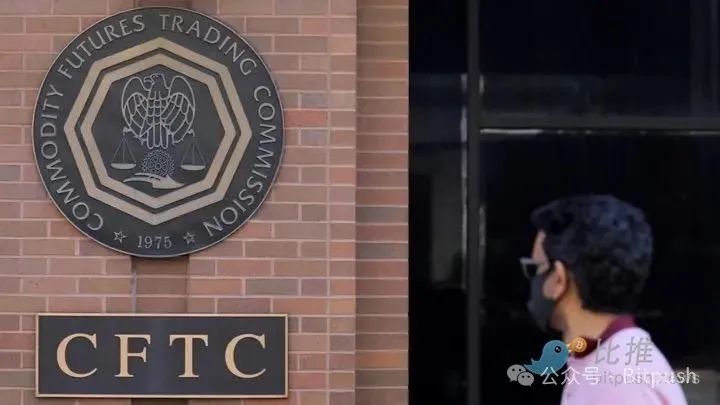
Trump's plan to allow the CFTC to strengthen oversight of cryptocurrencies is part of a broader mission to restructure the relationship between the two major financial regulatory agencies, encouraging them to collaborate on certain cryptocurrency policies, such as enforcing stablecoin regulations. Trump also aims to overhaul the internal culture of the SEC under Gensler's three-year leadership. Gensler's rule-making agenda and aggressive tendencies have led to the departure of many senior officials, and discontented employee unions have frequently clashed with him.
"The SEC has a lot of work to do—many top talents have left, so we need to get it back on track and refocus its mission on a pro-innovation agenda," Giancarlo, who succeeded Gensler as CFTC Chairman in 2017, said. Giancarlo was previously a popular candidate to succeed Gensler as SEC Chairman in the new administration, but he made it clear to Trump's transition team that he did not want to "clean up the mess left by Gary Gensler a second time."
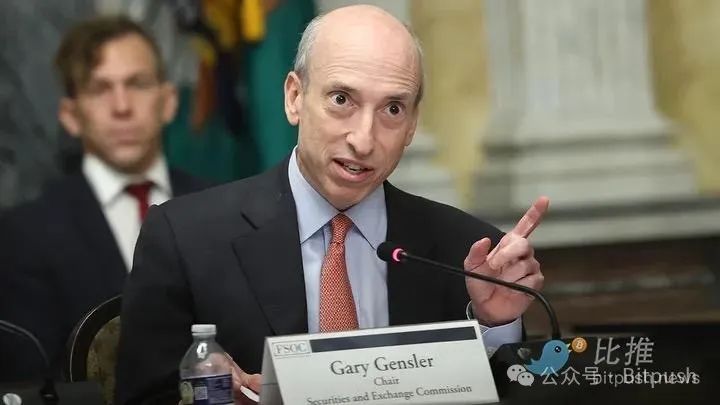
It remains unclear who Trump will appoint to lead the next SEC, but sources close to the transition team indicate that support for cryptocurrency is not the only trait being considered for candidates. In addition to cryptocurrencies, the SEC is also responsible for regulating a $100 trillion securities market, including stocks, bonds, mutual funds, and government securities.
"The structure of the SEC is great, but whoever leads the next SEC needs to have excellent policy capabilities and outstanding management skills to make it a part of the administration's agenda again," Giancarlo said.
免责声明:本文章仅代表作者个人观点,不代表本平台的立场和观点。本文章仅供信息分享,不构成对任何人的任何投资建议。用户与作者之间的任何争议,与本平台无关。如网页中刊载的文章或图片涉及侵权,请提供相关的权利证明和身份证明发送邮件到support@aicoin.com,本平台相关工作人员将会进行核查。



